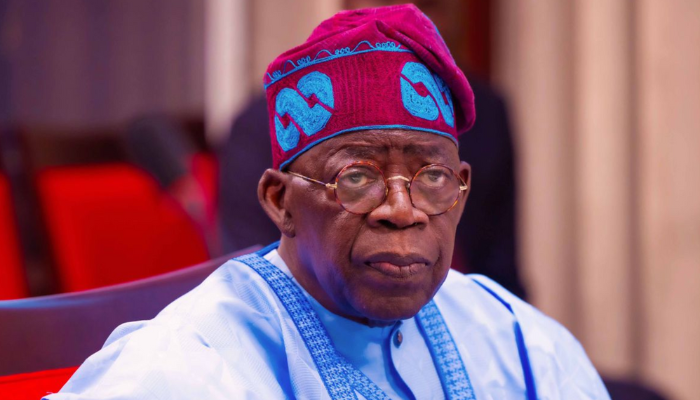President Bola Ahmed Tinubu has approved sweeping pension reforms aimed at improving the welfare of Defined Benefit Scheme (DBS) retirees, marking a significant milestone in the administration’s Renewed Hope Agenda. The reforms, which were announced on Friday, are designed to address longstanding complaints of delayed payments, inadequate benefits, and bureaucratic bottlenecks that have affected thousands of pensioners across Nigeria.
According to a statement from the Presidency, the new measures will streamline pension disbursement processes, ensure more accurate computation of entitlements, and clear outstanding arrears owed to eligible retirees. The reforms are expected to impact former public servants, including civil service veterans, security personnel, teachers, and other categories covered under the DBS.

Under the newly approved policy, the federal government will implement a harmonisation framework to align pension payments with current salary structures, ensuring that retirees are not left behind by inflation and wage adjustments. This move is expected to significantly boost the purchasing power of pensioners, many of whom have struggled to meet basic needs due to stagnant benefits.
President Tinubu emphasised that the reforms reflect his administration’s commitment to dignity in retirement, noting that individuals who dedicated decades to national service deserve financial stability in their later years. He described the overhaul as both a moral obligation and an economic necessity, highlighting that improved pension welfare can stimulate local economies by increasing retirees’ spending power.
The reforms will also include the introduction of a digital pension management platform to reduce paperwork, curb fraud, and speed up verification processes. This technology-driven approach will enable pensioners to track payment status in real time, update records without physical visits, and lodge complaints more efficiently.
In addition, the federal government plans to collaborate with state governments to address disparities between federal and state pension arrangements. This will involve setting up joint committees to review payment gaps, harmonise policies, and explore sustainable funding strategies for pension liabilities.
The approval has been met with widespread praise from labour unions, pensioners’ associations, and advocacy groups. The Nigeria Union of Pensioners (NUP) described it as a “historic breakthrough” that could end years of neglect. The association’s national president, Godwin Abumisi, commended Tinubu for prioritising the welfare of retirees despite competing fiscal pressures.
Financial experts also view the reforms as a step toward restoring trust in Nigeria’s pension system. They note that consistent and fair pension payments can encourage more workers to remain in the formal sector, expand the tax base, and reduce dependence on social safety nets in old age.
However, some stakeholders have cautioned that successful implementation will depend on transparent monitoring and adequate budgetary provisions. Past pension initiatives have faltered due to poor funding, weak oversight, and corruption within pension management agencies. The Presidency has assured that these risks will be mitigated through strict accountability measures, periodic audits, and penalties for non-compliance.
The Pension Transitional Arrangement Directorate (PTAD), the agency responsible for managing DBS pensions, has pledged readiness to roll out the reforms in phases. PTAD’s executive secretary, Chioma Ejikeme, confirmed that priority will be given to clearing backlogs while integrating the new harmonisation formula into the payment system. She further disclosed that pensioners with unresolved verification issues will be assisted through dedicated support centres nationwide.
This pension overhaul aligns with the broader objectives of the Renewed Hope Agenda, which aims to strengthen social safety nets, promote inclusive economic growth, and protect vulnerable populations. By tackling pension challenges head-on, the Tinubu administration is seeking to reassure retirees that their sacrifices for the nation have not been forgotten.
With the reforms now approved, attention will shift to timely execution and measurable results. Pensioners and advocacy groups are expected to closely monitor progress, while government agencies will face the task of delivering on the president’s promises without bureaucratic delays.
The initiative, if fully realised, could serve as a model for future pension policy in Nigeria—one that balances fiscal responsibility with compassion, ensuring that retirement is not a period of financial hardship but a dignified chapter in the lives of those who served the nation.
Support InfoStride News' Credible Journalism: Only credible journalism can guarantee a fair, accountable and transparent society, including democracy and government. It involves a lot of efforts and money. We need your support. Click here to Donate
